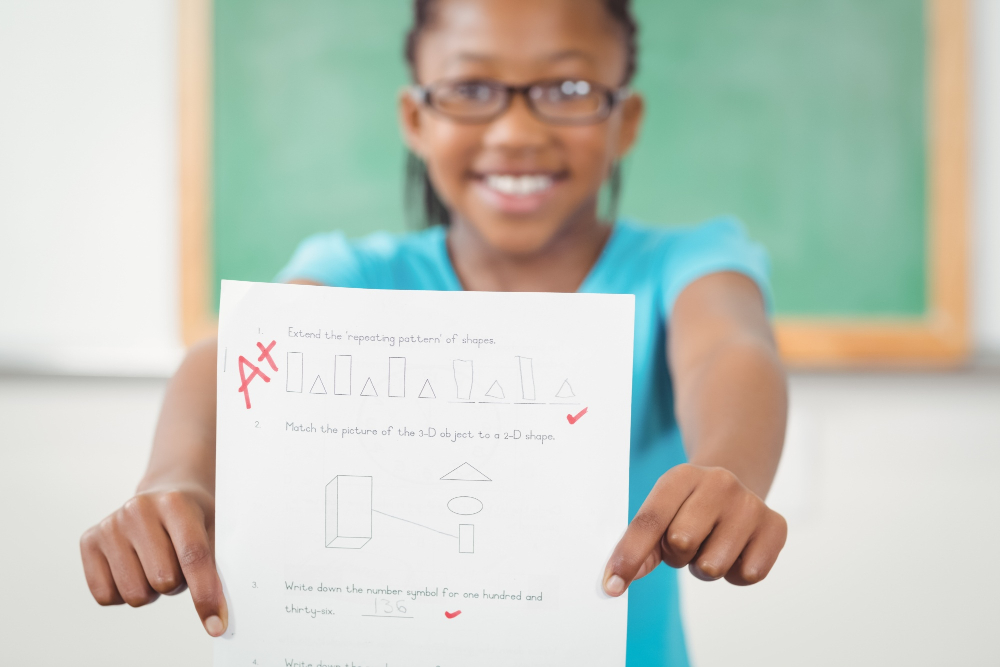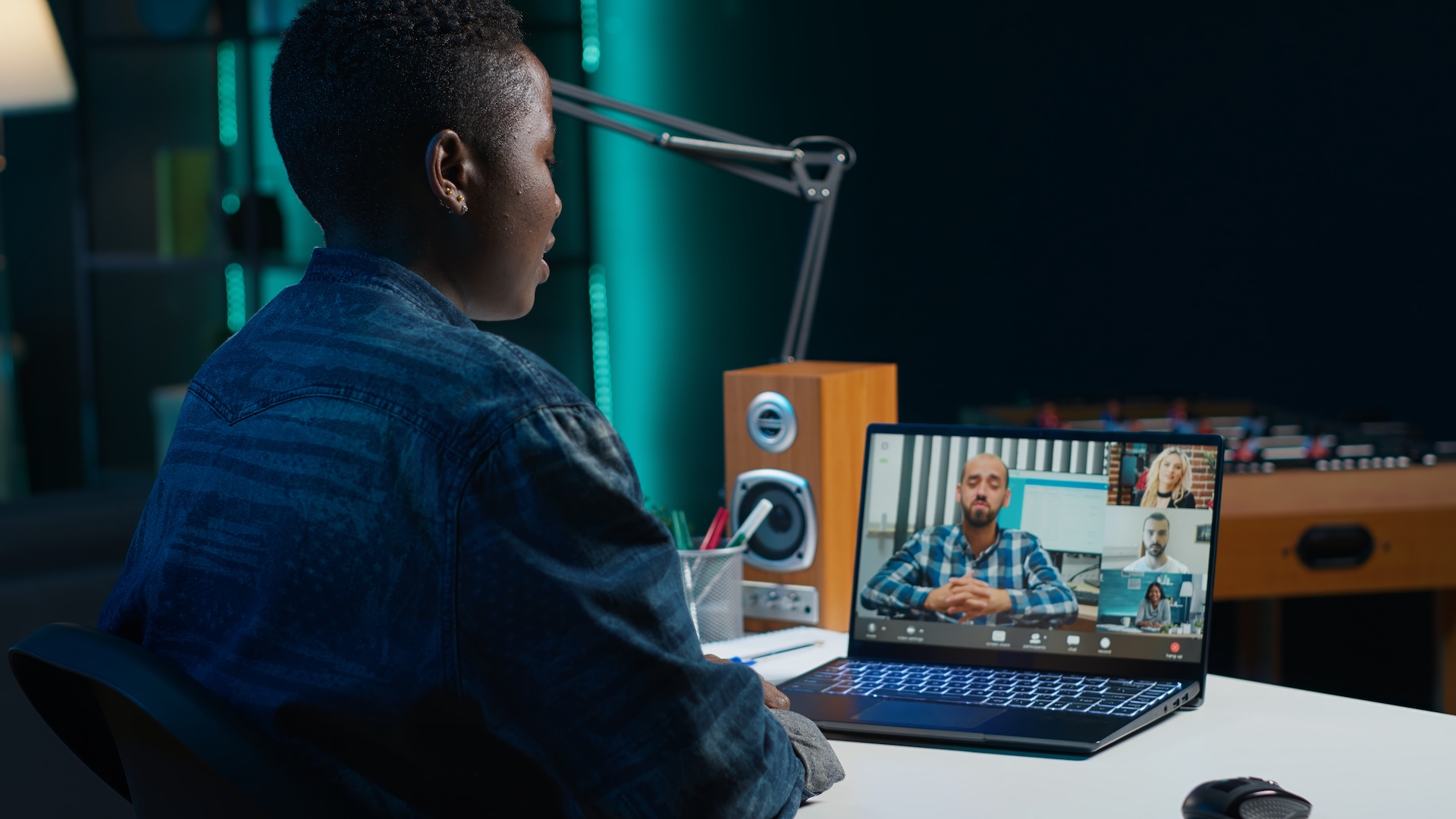Educational
Can you grade a lesson ‘Good’ or better from a single lesson observation?
August 19, 2022
Two students were interviewed to establish whether learning had taken place following lesson observations of two teachers. The student from teacher ‘A’ could not clearly remember what he had just learnt from the lesson, while the student from teacher ‘B’ could firmly recall all the learning. Which teacher ‘A’ or ‘B’ should receive the grade ‘Good’ or better from the lesson observations?
If you chose teacher ‘A’, what are your reasons? If you chose teacher ‘B’, you are in the majority.
NASUWT in November 2021, in an article titled “Grading of Lesson Observations” stated, ‘It is well established that observation grades cannot be awarded on a valid or reliable basis…’, and the article went on to say, ‘In light of the serious limitations of grading individual lessons, Ofsted discontinued the use of lesson grades in school inspections in 2014’.
The question I then ask school leaders is- why do you do lesson observations? From the scenario of teacher, A and B, and considering the evidence of the students, no learning had taken place and neither teachers could be graded ‘Good’ or better. I bet you that only a fraction of one percent of teaching and learning leads in schools will make this call. In fact, to be bold, and from my experience, a senior leader who is unable to judge such lessons will be deemed ineffective in their role.
Fast forward, two weeks later, both students from the lessons from teacher ‘A’ and ‘B’ were invited for a follow up interview. Student from teacher ‘A’ could now remember all that the lesson was about, and the student from teacher ‘B’ had completely forgotten what the lesson was about. Again, the question repeats, where did learning take place?

Of course, learning is deemed to have taken place only when the teaching is committed to the long-term memory of the student. This in many cases, can take a while to happen. Hence, grading a single observed lesson is a ‘waste of time’ and a fruitless exercise. Accessing the working memory of the students does not mean that such students can retain learning in the future.
In your next line management meeting with your teaching and learning lead, ask the question, ‘describe when learning happens in your opinion’. So, when you see that the teaching and learning percentage of your school is 75% good or better for example, you wonder if it is correct?



